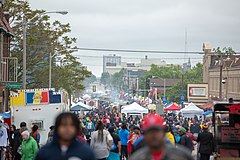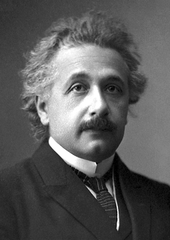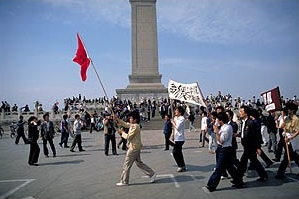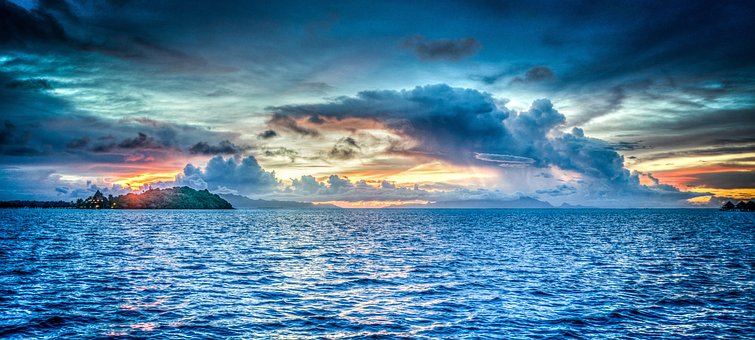Perhaps you've seen photos, perhaps you've seen his actual art. Either way, I doubt you have forgotten it. I speak of the Bulgarian born artist Christo (his full name was Christo Vladimirov Javacheff), most famous for the gargantuan sized art projects which he and his wife Jeanne Claude staged around the world.
Christo and Jeanne Claude focused on covering buildings, bridges, parks, even islands with enormous swathes of brightly colored cloth. Buildings include the Reichstag in Berlin, bridges the Point Neuf in Paris, parks Central Park in New York City, and islands Monte Isola in Italy. Some of his projects cost nearly thirty million dollars. Christo and Jeanne Claude financed every one of them with their own money.
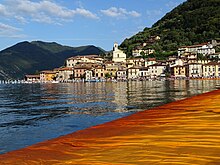
Curiously, both said that, on balance, their projects contained no deeper meaning or transcendent truth. They viewed their work as pure aesthetic expression, gifts to those who enjoy beauty and new ways of framing the obvious and familiar. Steps beyond that are rooted in what is already there.

Some laughed at Christo; others lauded him. But that, I think, bears out the point: art is made to provoke, to provoke imagination, controversy, longing, and dream. Be it covering islands in massive sheets of cloth or producing a wood carving of a dog that looks like Santa Claus, art expresses, expresses profoundly, the marvel of the human being. Born to stay, born to roam: born to always create a new home.
